Tourism hailed as way to realize goals
Updated: 2016-05-27 07:38
By Su Zhou(China Daily)
|
||||||||
China has vowed to boost tourism to G20 countries by enhancing cooperation, encouraging investment, removing visa barriers and adding direct international fights.
During the seventh G20 Tourism Ministers Meeting on May 20, Li Jinzao, director of the China National Tourism Administration, said Beijing will seek more agreements that allow visas on arrival and more visa waivers. It will also simplify customs clearance procedures.
Tourism was recognized as "a vehicle for job creation, economic growth and development" during the G20 leaders meeting in June 2012. Now, the number of international tourists and the volume of tourism revenue in G20 economies accounts for 70 percent of the world's total. China, which is hosting the G20 summit this year, is now the world's largest tourism market for both domestic and outbound travelers.
"To contribute more to tourism exchanges between G20 economies, we will also encourage second- and third-tier cities to launch international tourism cooperation ventures and forge more sister-city ties to promote tourism," Li said. "We will encourage Chinese companies to invest more overseas. In addition, we will also welcome foreign companies to invest in Chinese tourism industries and develop more classic travel routes along the Silk Road."
Li also called on other countries to provide "customized services" for Chinese travelers.
"In the coming five years, the number of outbound Chinese tourists will pass 500 million," Li said. "We hope other countries will consider Chinese tourists' needs and habits and offer more Chinese tour guides, more Chinese signage, more appropriate hotel facilities and Chinese television programs."
The declaration issued at the end of the seventh G20 Tourism Ministers Meeting agreed to further encourage the G20 to consider travel and tourism as important sectors in delivering the objective of the G20 of building new sources of growth and development.
G20 leaders will meet in September in Hangzhou, Zhejiang province.
United Nation World Tourism Organization Secretary-General Taleb Rifai said he hopes the Meeting of G20 Tourism Ministers will help "shed some light and devise some common actions that support their agenda toward an 'Innovative, Invigorated, Interconnected and Inclusive World Economy'".
"Today, the global economic recovery continues but has weakened," Rifai said. "At the same time, we face high levels of unemployment and growing inequality as stressed by the Chinese G20 Agenda.
"Tourism is one of the most dynamic, resilient and interconnected sectors of the global economy. In 2015, despite increasing global challenges, 50 million more people traveled abroad compared with the previous year. For this reason, tourism is without doubt one sector better positioned to support the G20 in its quest for new ways to drive development and creative policy ideas."
Rifai said tourism should contribute to the 2030 Sustainable Development Agenda and its 17 universal Sustainable Development Goals. "Tourism has been included in three of the Sustainable Development Goals," he added. "Yet tourism, crosscutting nature and with a multiplier effect on many other sectors, is a perfect fit to advance all 17 Goals."
Destinations: Travel routes for visa-free visitors
Editor's Note: Earlier this year, China enacted a policy that means eligible visitors or businesspeople traveling in the Yangtze River Delta area - those arriving in Shanghai, Hangzhou or Nanjing - will automatically qualify for a 144-hour visa-free stay that can be used to facilitate travel elsewhere or to explore the region. For those arriving in Hangzhou for the G20 summit who are interested in nearby sightseeing, here are our recommendations:
To the east of Hangzhou: Xikou scenic spot in Fenghua, Ningbo, about 40 km southwest of Ningbo. In recent history, it was home to Chiang Kai-shek and Chiang Ching-kuo, making it a treasure house for research into the history of the Republic of China (1912-1949). The scenic area of Xikou is 85 sq km and mainly comprises four attractions - the former residence of the Chiang family, the tomb of Chiang's mother, Xuedou Hill and Tingxia Lake.
To the northeast of Hangzhou: Wuzhen in Jiaxing. Wuzhen is a beautiful area that is representative of Jiangnan (the area south of the Yangtze River) and its old towns. It was established more than 1,300 years ago and is seen as the "last site of waterside households in China". It has also been home to many famous people and is rich in culture and folk customs. It is surrounded by a canal and is crisscrossed by rivers, with an East Gate, South Gate, West Gate and North Gate. It has maintained a number of unique Jiang-nan-style residences that date back to the Ming (1368-1644) and Qing (1644-1911) dynasties.
To the north of Hangzhou: the Historical Cultural City Attractions of Huzhou. The attractions boast a Lotus Village, the Chinese Hu Writing Brush Museum, the Home of Chen Yingshi, Feiying Park, the Feiying Tower and the Temple of the Iron Buddha. It has a long and rich history with profound cultural connotations.
To the southeast of Hangzhou: the former residence of the great writer Lu Xun in Shaoxing. In January 1953, the Shaoxing Lu Xun Memorial Hall was established. It was the first museum to commemorate a celebrity in Zhejiang province to be founded after 1949. Today, the former residence of Lu Xun has become a historic street that possesses the unique Southern Yangtze cultural glamour and is a place where people can interpret the authentic meaning of the writer's works. Visitors can also experience the scenery depicted in writings and feel something of life in Lu's era.
To the west of Hangzhou: the Confucius Family Temple of Nanzong in Quzhou. As one of only two family temples for Confucius in China, the Nanzong family temple has a history that can be traced back more than 800 years. It is a National Historical and Cultural Site under State Protection, and has been praised as the "holy land of Confucius in the southern area" and as the "Southeast Ancestral Home". There are two priceless treasures in the temple: a wooden portrait of Confucius with his wife Qiguan.
To the south of Hangzhou: the Xiandu scenic spot in Jinyun, Lishui. Located at Jinyun county in Lishui, the Xiandu scenic spot gets its name from the writings of Tang Dynasty (AD 618-907) emperor Li Longji. The attraction consists of four main scenic areas, and its curving stream, elegant landscape, gauzy mist, rural scenery and rustic charm complement each other.
suzhou@chinadaily.com.cn
|
From left: An old waterfront street in Huzhou, the scenic area Xikou in Ningbo, and the former residence of Lu Xun in Shaoxing.Photos Provided To China Daily |
(China Daily 05/27/2016 page6)
- 2,000 refugees relocated on first day of major police operation
- No sign of EgyptAir plane technical problems before takeoff
- Chinese students at U. of Iowa accused of online cheating
- US Justice Dept. seeks death penalty for South Carolina shooter
- Global health entering new era: WHO chief
- Brazil's planning minister steps aside after recordings revelation
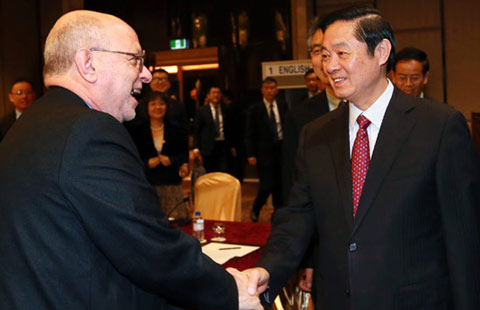
 Liu Qibao attends Dialogue with Sinologists in Australia
Liu Qibao attends Dialogue with Sinologists in Australia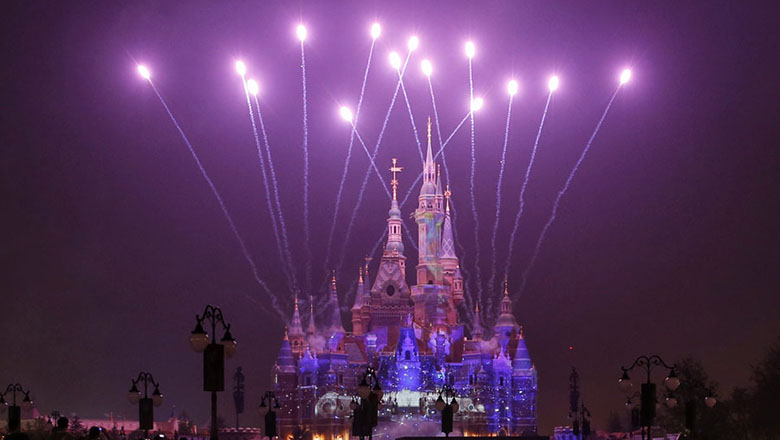
 Fireworks light up Shanghai Disneyland
Fireworks light up Shanghai Disneyland
 VR, robots, mini drones: Highlights of big data expo in Guiyang
VR, robots, mini drones: Highlights of big data expo in Guiyang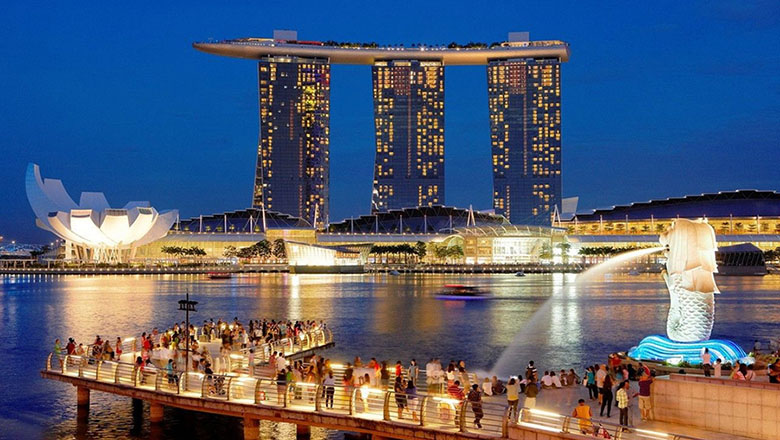
 Top 10 saving countries in the world
Top 10 saving countries in the world
 Men vs. Machine: different robots in daily life
Men vs. Machine: different robots in daily life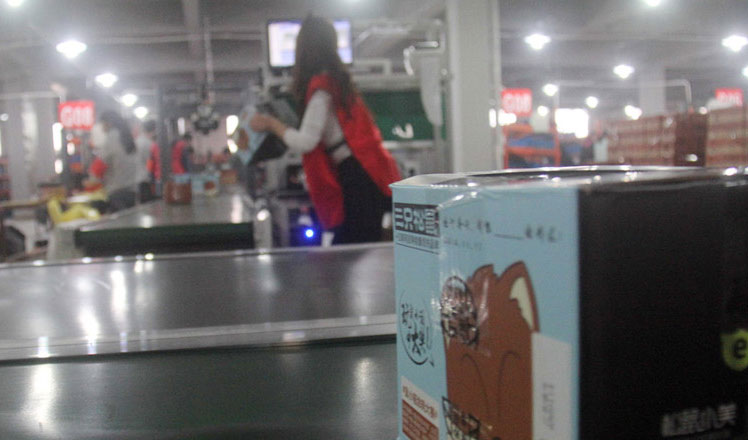
 Following Alibaba, its online merchants now eye listings
Following Alibaba, its online merchants now eye listings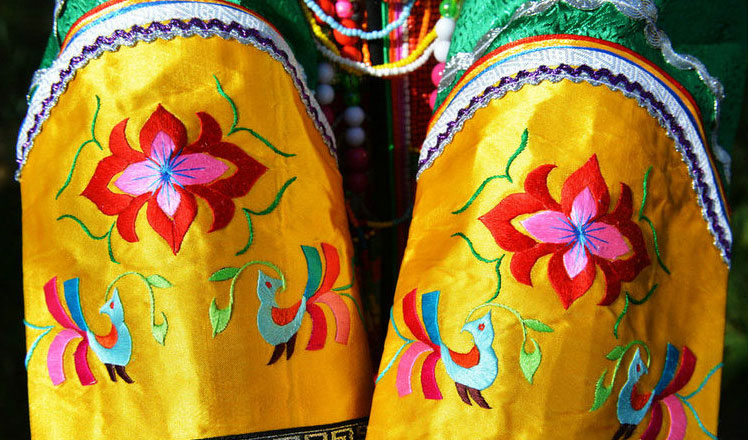
 Traditional dresses for Yugur women in Northwest China
Traditional dresses for Yugur women in Northwest China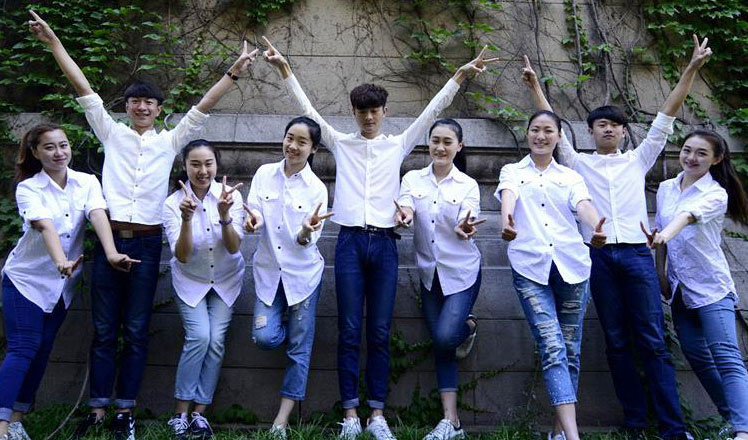
 Students pose for graduation photo with performance
Students pose for graduation photo with performance
Most Viewed
Editor's Picks

|

|

|

|

|

|
Today's Top News
Liang avoids jail in shooting death
China's finance minister addresses ratings downgrade
Duke alumni visit Chinese Embassy
Marriott unlikely to top Anbang offer for Starwood: Observers
Chinese biopharma debuts on Nasdaq
What ends Jeb Bush's White House hopes
Investigation for Nicolas's campaign
Will US-ASEAN meeting be good for region?
US Weekly

|

|








